Table of content
- Alcohol and Blood Sugar: Hypoglycemia and Hyperglycemia Risks
- Why Drinking Alcohol Is Risky for People with Diabetes
- Can Alcohol Ever Be Good for Your Health?
- Alcohol and Diabetes: Why It Can Be Life-Threatening
- Alcohol’s Impact on Blood Sugar
- Guidelines for Safe Drinking with Diabetes
- When to Seek Medical Help
- Key Takeaway
- Frequently Asked Questions
Diabetes and alcohol share a complex relationship. While a drink or two may seem harmless, alcohol can seriously impact blood sugar levels, insulin action, and diabetes control. Major impacts of alcohol on diabetics may include, but are not limited to, disrupted liver’s ability to release glucose, causing hyperglycemia (high blood sugar). When taken without food, alcohol can lead to hypoglycemia (low blood sugar). It also affects insulin sensitivity, fat metabolism, and weight regulation.
Over time, heavy drinking contributes to inflammation, neuropathy (nerve damage), and pancreatic dysfunction, all of which can lead to common diabetic complications. Let’s take a deep dive into alcohol effects on diabetics and how you may manage them depending on the condition.
Alcohol and Blood Sugar: Hypoglycemia and Hyperglycemia Risks
The first thing that may pop up in your mind is if alcohol leads to hypoglycemia or hyperglycemia, why can’t it be used to treat high blood sugar? Right? Here are the reasons:
- Hypoglycemia Risk: Alcohol doesn’t improve insulin function; it suppresses the liver’s glucose release instead, especially on an empty stomach. Thus, the lowered sugar levels carry no value.
- Hyperglycemia Risk: Some alcoholic beverages, particularly sweet wines, cocktails, and beers, contain high amounts of sugar. Chronic alcohol use increases insulin resistance, leading to hyperglycemia (high blood sugar), so the long-term use will eventually lead to an even worse condition.
Moreover, the effect depends on dose, timing, and type of alcohol. Sweetened drinks (cocktails, beer, liqueurs) can raise blood sugar as well.
Important: Never consume alcohol on an empty stomach or several hours after eating, as it increases the chances of a hypoglycemic event.
Why Drinking Alcohol Is Risky for People with Diabetes
Diabetes is a health condition in which your body either becomes insulin-resistant (type 2 diabetes) or simply stops producing insulin (type 1 diabetes). Once the conditions worsen a bit, you are prescribed to consume insulin from external sources, which is actually to control high blood sugar; however, it sometimes leads to low sugar events as well.
When you consume alcohol, the liver prioritises metabolising alcohol over maintaining normal glucose release. Alcohol adds empty calories, which worsen insulin resistance. Moreover, some alcoholic beverages are high in sugar, spiking blood glucose rapidly, which leads to increased risks of high triglycerides, hypertension (high blood pressure), and heart disease.
On top, an altered mental status due to alcohol consumption can mask hypoglycemia symptoms like dizziness or confusion—making it extremely dangerous.
Can Alcohol Ever Be Good for Your Health?
Light to moderate drinking (1 drink/day for women, 2 for men) may slightly improve HDL cholesterol (“good” cholesterol). However, the benefits are small and can be outweighed by liver, heart, or glucose risks; these risks are high in diabetics.
Non-diabetics who drink excessively can develop type 2 diabetes due to pancreatic stress and insulin resistance. This is because the long-term heavy use of alcohol leads to pancreatic inflammation (pancreatitis), damaging insulin-producing cells.
Alcohol and Diabetes: Why It Can Be Life-Threatening
Yes, especially for those on insulin or sulfonylureas (glucose-lowering medicines). Alcohol can drop blood sugar dangerously low during sleep. This is known as delayed hypoglycemia. And remember, severe low sugar can cause seizures, unconsciousness, or even death. According to the shared report of PubMed, excessive alcohol intake significantly increases the risk of death in people with diabetes due to complications like hypoglycemia, liver disease, and cardiovascular issues
Want to make informed decisions?
Continuous glucose monitors (CGMs), by providing 24/7 blood sugar readings without fingerpricks, allow you to make informed decisions based on your glucose levels. Grab yours CGM sensors today from a trusted diabetic supplier like CGM Monitors.
Alcohol’s Impact on Blood Sugar
Alcohol’s impact on blood sugar is bad, and it should be avoided. However, in case your doctor allows it in moderation and in limited quantity, knowing the effects of different types may help. Please bear in mind that the following are just approximations gathered online:
| Type of Alcohol | Immediate Effect on Blood Sugar | Later Effect (4–6 hours) | Risk Level for Diabetics |
| Wine (Dry Red/White) | Mild increase (2.7g carbs per 100g) | Drop (hypoglycemia) | Moderate |
| Beer | Moderate rise (3.6g carbs per 100g) | Drop or stable | Moderate–High |
| Sweet Cocktails | Rapid spike (varies depending on the recipe) | Drop | High |
| Spirits (Vodka, Whiskey) | Neutral or slight drop (distilled ones contain low to zero, however, others may contain different values) | Drop | Moderate |
| Liqueurs / Cream Drinks | Rapid rise (sweetest liquers may even contain 40g per 100 g) | Drop | High |
Sweet cocktails like Pina Colada may contain between 11 – 14 grams of sugar per 100 grams, while those like Mojito can even range between 15 – 26 grams of sugar, causing a rapid spike.
Important: Alcohol is bad for your health, and the sugary ones are even worse.
Guidelines for Safe Drinking with Diabetes
While diabetics should not consume alcohol, the following measures may help when consuming it:
- Never drink on an empty stomach. Always pair alcohol with food containing complex carbs (e.g., whole grains).
- Check blood sugar before, during, and 6–8 hours after drinking.
- Wear a medical ID bracelet mentioning diabetes or use a Dexcom G7 sensor.
- Limit to 1 drink/day (women) or 2 drinks/day (men), and avoid binge drinking.
- Avoid sweet cocktails or energy drink mixers.
- Stay hydrated with water between drinks.
- If on insulin, consider reducing nighttime dosage after alcohol (consult doctor first).
- Inform friends that alcohol intoxication and hypoglycemia can look similar.
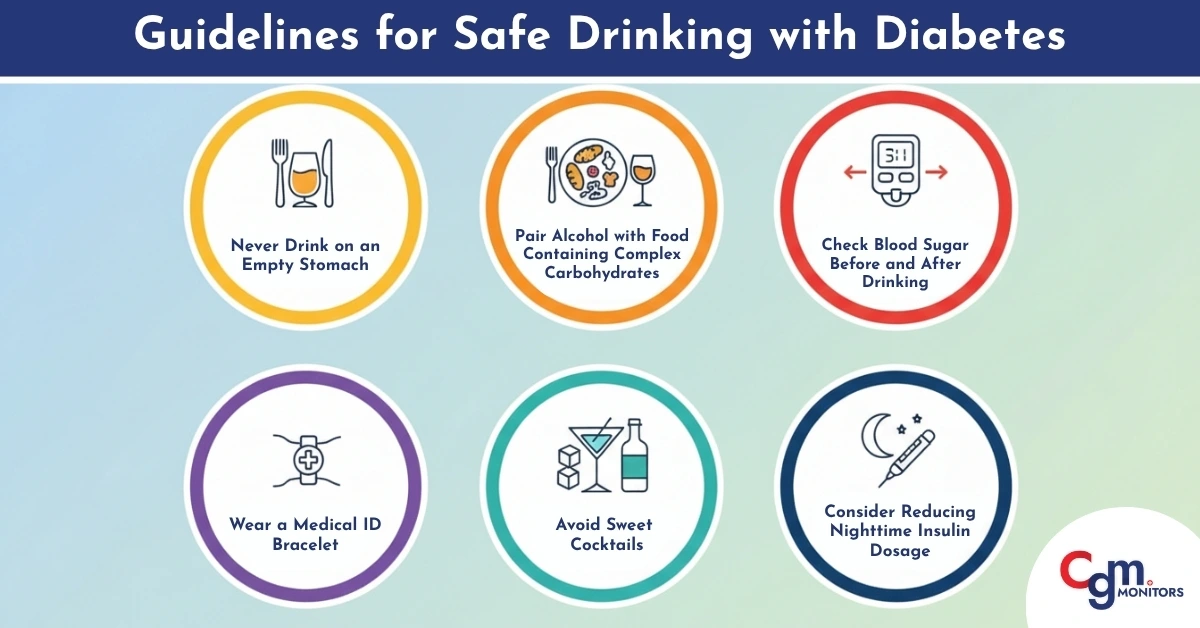
When to Seek Medical Help
Immediate assistance is required in case of:
- Extreme dizziness or drowsiness.
- Unconscious or Seizures.
- Continuous vomiting following consumption.
- Indications of insensitive glucose-unresponsive hypoglycemia.
Ask your healthcare provider to design a unique plan to use alcohol in case you have diabetes.
Key Takeaway
Alcohol and diabetes are a risky mix. Moderation, meal timing, and glucose monitoring are crucial.
For those managing diabetes—or hoping to prevent it—alcohol should be treated as an occasional indulgence, not a habit.
Frequently Asked Questions
Which Time Is Safe for Consuming Alcohol, Night or Day?
While drinking alcohol is not safe at any time, nighttime drinking carries higher risks of hypoglycemia, and daytime drinking with food is comparatively safer.
Will My A1C Go Down If I Stop Drinking Alcohol?
Yes, reducing or stopping alcohol can help stabilize blood sugar and improve A1C over time. Alcohol can cause both spikes and drops in glucose, so cutting back supports better long-term control. Pairing this with healthy diet choices maximizes the benefit.
What Should Diabetics Avoid?
Diabetics should limit sugary drinks, processed foods, and excessive alcohol. Foods high in refined carbs can spike blood sugar quickly, while alcohol can lead to unpredictable glucose changes. Focus on whole foods, fiber, and balanced meals.
What Are the Three Worst Drinks for Blood Sugar?
Sweetened sodas, cocktails with syrups, and regular beer are among the worst. These drinks are high in sugar and carbs, causing rapid blood sugar spikes. Opt for dry wine, light beer, or spirits with sugar-free mixers instead.
Can You Drink Alcohol with Metformin?
Yes, but with caution. Alcohol increases the risk of low blood sugar and can contribute to lactic acidosis when combined with metformin. Always consult your healthcare provider and monitor glucose closely.
Why Is Alcohol Bad for Diabetics?
Alcohol affects the liver’s ability to release glucose, leading to hypoglycemia or delayed blood sugar drops. It can also interact with diabetes medications and worsen long-term complications. Moderation and monitoring are key.
What Makes Diabetes Worse?
Poor diet, inactivity, stress, and excessive alcohol consumption can worsen diabetes. Uncontrolled blood sugar damages organs and nerves over time. Healthy lifestyle choices are critical for managing the condition.
What Alcohol Is Lowest in Sugar?
Spirits like vodka, whiskey, rum, and gin have minimal sugar, especially when mixed with soda water or diet beverages. Dry red or white wines are also good low-sugar options. Always check labels for added sugars.
Which Is Worse, Sugar or Alcohol?
Both can impact blood sugar, but alcohol carries hidden risks like delayed hypoglycemia. Sugar causes immediate spikes, while alcohol affects liver function and medication effectiveness. Balanced moderation is essential for diabetics.
Disclaimer: Meant for informational purposes only, this blog does not constitute medical, legal, or professional advice. And while we strive for accuracy, errors or omissions may occur.
This blog may contain AI-generated images for illustrative purposes only. Device images belong to their respective manufacturers and are used here for reference. Actual products may vary.

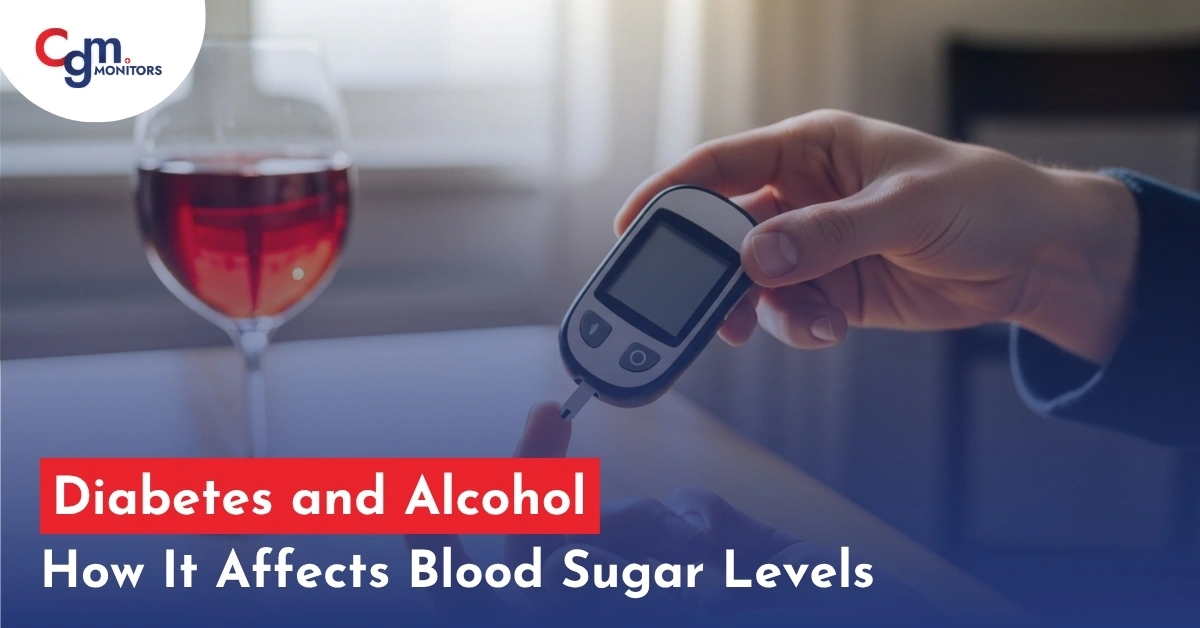
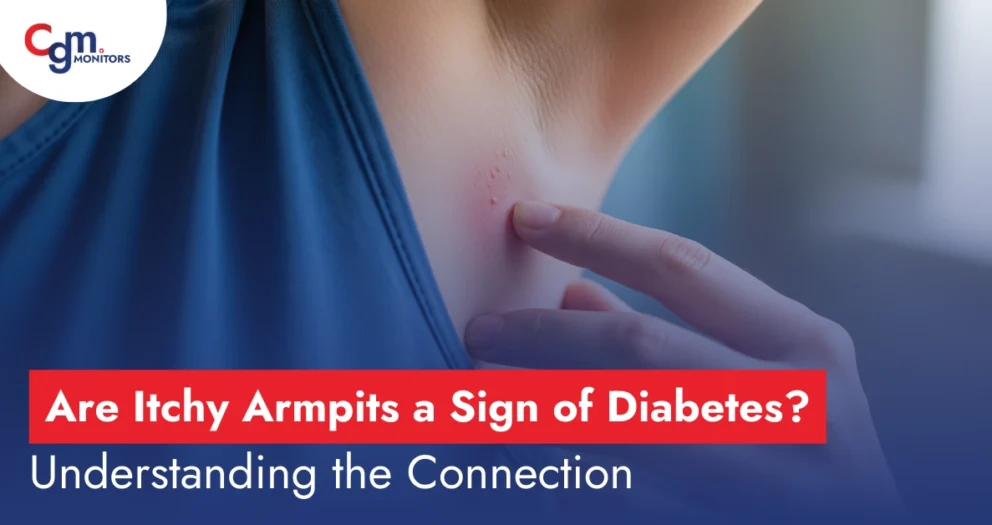
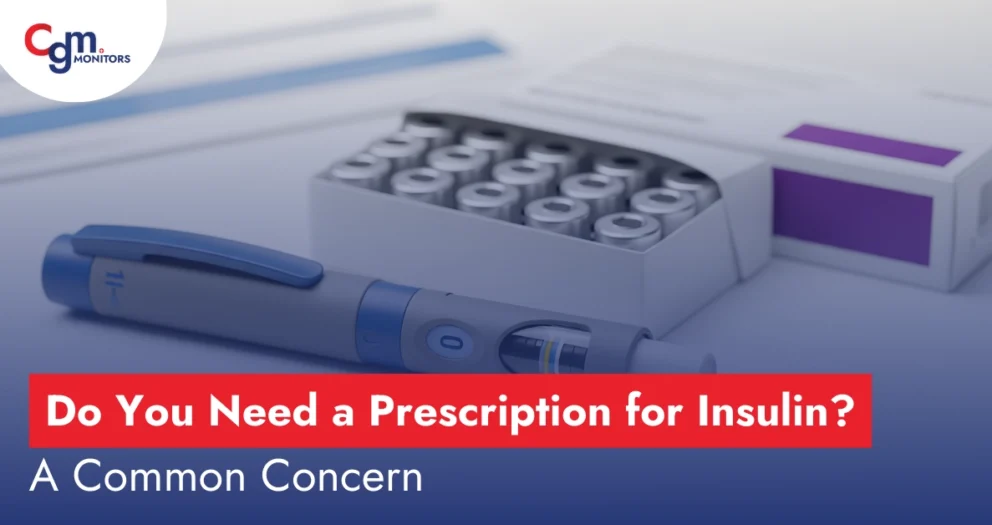
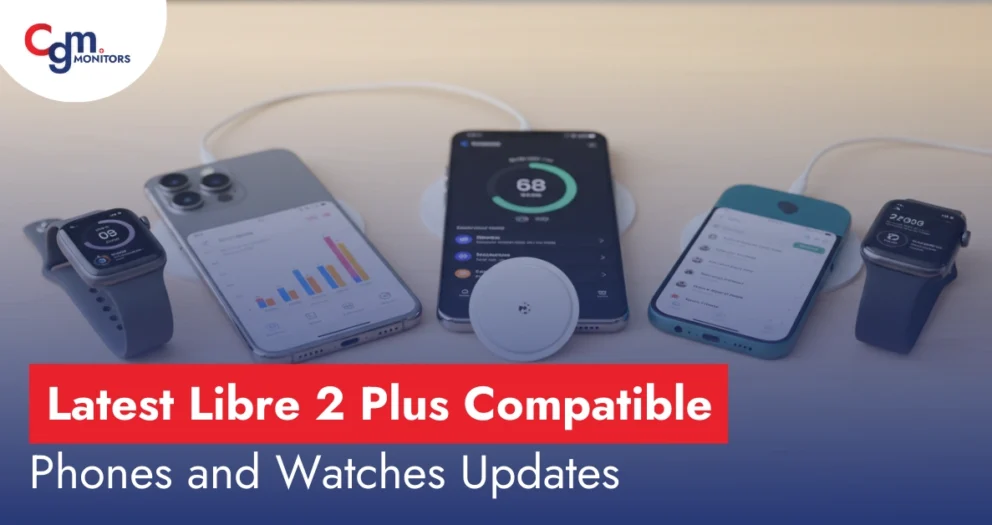
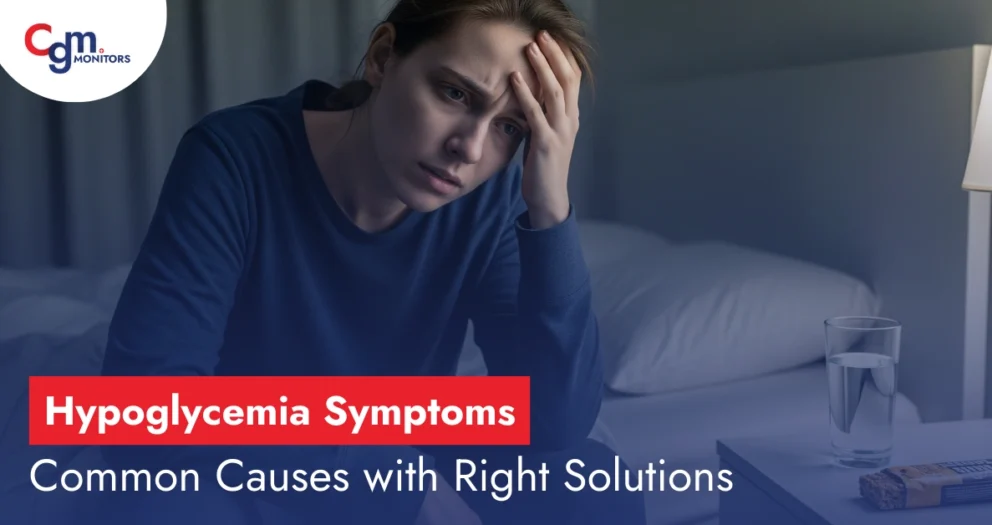
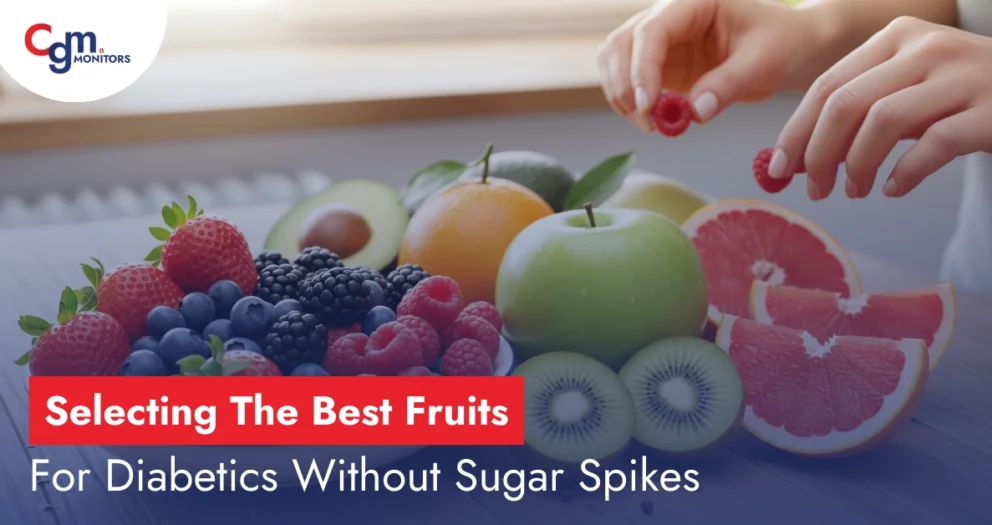
Write a comment
Your email address will not be published. All fields are required